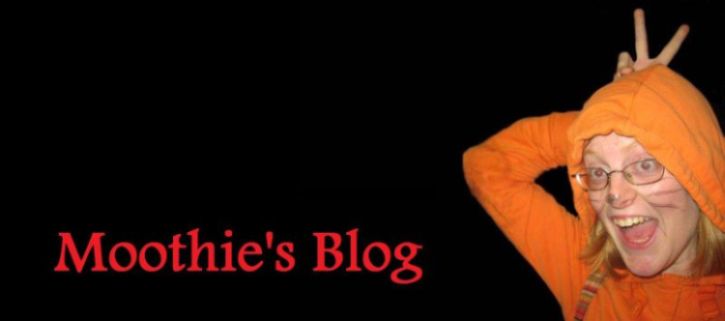Monday is by far my busiest day, as I am in lectures from 9-1 and then have a research colloquium from 2-3. I do however enjoy Mondays (despite how exhausted I am by the end of the day) and today was no exception. I found the research colloquium particularly interesting (although many of my fellow students did not seem to agree) it was given by Professor Bob Rafal, who specialises in Clinical Neuroscience and Neuropsychology, and today's lecture was all about hemispatial neglect and visual extinction in stroke patients.
I felt quite sorry for the guy as he had considerable computer issues and so had a class of 300 undergraduates sat watching him struggle with the Mac for about 10 minutes. Already off to a bad start, people were restless and not filled with great hope for the lesson, to the point where many people began to laugh as multiple windows began opening on this poor blokes screen.
Once rescued by the IT guys he got underway, and I found what he was talking about absolutely fascinating. He was saying how a stroke can lead to a neglection of one side of the body or visual field, but the patient is unaware that they are behaving like this. For example is the stroke has affected the right hemisphere of their brain, and you walk up to them from their left side (as the right hemisphere controls the left side of the body) they will not notice you until you enter their other visual field, same as if you were to wave money at their left side, they would not react, but would be completely unaware of this unawareness!
He then went on to explain how even when patients do begin to recognise things in both visual fields if there are confounding stimulus, for example if you stood in front of them and wiggled both fingers, they would be likely to only notice one moving. Then taking this even further if you were to ask a stroke patient to say what you were holding in your hands, if you held the same object in each visual field only one would be identified, whereas if two different ones were held up both would be named. But it isn't that the brain isn't recognising it because it's a duplicate, because if two completely different forks are held up, still only the one in the undamaged visual field will be named.
However if you then change your question and ask them to tell you the colour of the objects in each visual field, they will be aware of both of them again. This disproves the original theory that it is the cognitive processing that is limited in these patients and suggests that it may be more to do with a problem in motor actions. As they are processing the information, but are not necessarily able to act on it in the usual way.
I found this all very interesting and will probably be looking into it further when I have the time, and I find it very odd that there are so many people on this course who are so unenthusiastic towards the subject and display such low levels of motivation and interest in the course. Why are they here if they don't find it interesting?
Anyway enough Psychology waffle. =] I had a rather yummy dinner of jacket potatoes with chicken and cheese, as all these things needed using up as they were pushing (or in the potatoes case) past their sell by dates!
I've also had fun playing around with a website this week. Making words is fun.
Hope you are all well!
Monday, 6 October 2008
Subscribe to:
Post Comments (Atom)

No comments:
Post a Comment